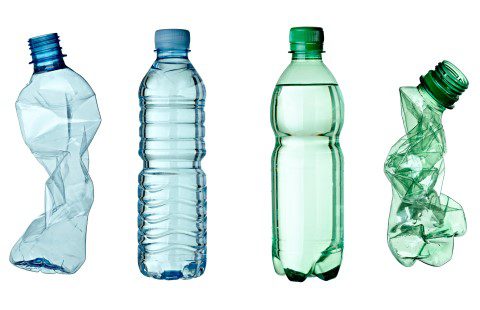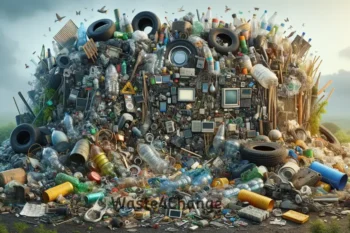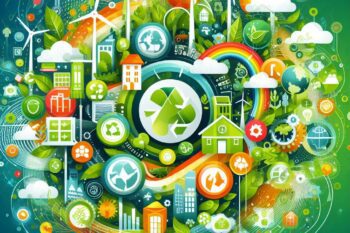6 Plastic-Related Words that We Need to Know
There’s always a beginning to everything, trying to be more aware of the effects of plastic waste on our earth is one of those things. Like a toddler learning about all new things in life, we believe that the first step to every inspiring movement and great discovery is by knowing all kind of terms related to it.
Wondering what kind of plastic is dangerous to your health? Study the plastic types name list and read about its benefits and risks.
Don’t want to be involved with plastic for the rest of your life? The word ‘polyester’ is one of the things that you should be wary of.
Any kind of motivation is welcomed on the topic of saving our environment. Now, if you wish to be more aware of plastic waste management, here are some of the words you should know:
Single-Use Plastic & Reusable Plastic

Single-Use Plastics are disposable plastics that are used only once before they are thrown away, and this is the very reason why this kind of plastic is a big problem to our earth: because most of them aren’t easily degrade in nature and it contributes to the ever-increasing amount of plastic wastes.
Instead of sending (throwing) single-used plastics straight to the disposal bin, you may try one of these two:
- Avoid using it in the first place, or at least reduce the use of it
- Reuse it and it became Reusable Plastic—the second plastic-related word that we want you to know! This advice comes with a strong note, though: you should really remember that some particular conditions (such as extreme heat) could stimulate hazardous leach from your plastic. Another thing to think about: several types of plastic aren’t made to be used more than once.
- Replace single-used plastic with Reusable Plastic, such as using plastic Tumbler or food container.
Bioplastic & Conventional Plastic



Biodegradable Plastic is plastic that naturally decomposes in the environment. The process is mainly done by microorganisms which job is to metabolize and break down the structure of the biodegradable plastic.
The end result is one which is less harmful to the environment than conventional plastics.
Many people think that bioplastics are biodegradable, but that’s not always the case. Technically, all materials in this world are biodegradable, but for practical purposes, only those that degrade within a relatively short period of time (months, at most) are categorized as biodegradable.
Now, biodegradation requires particular conditions such as sufficient heat and moisture. Too cold and organic matters will not decompose—same reason why food and drinks that are stored in the freezer are kept preserved.
Composting is an accelerated, assisted form of biodegradation. Microbes are placed into a controlled environment that is specifically made to maximize the speed at which they decompose the organic matters. Compostable Plastics are a type of plastics which are biodegradable through composting.
Another thing that distinguishes the compostable plastic and biodegradable plastic is the ingredients used in it. Compostable plastic is made by 100% compostable material (usually corn starch), while biodegradable are made by the mix of corn-starch and other things in order to improve its quality.
The difference in the starch percentage not only determines what should be done to the materials in order for it to decompose, but also whether the materials can be fully degraded at the end of its lifecycle or not.
Another friendly note: compostable plastic needs to be sent to the local composting facilities in order to degrade it.
Which Plastic is Better than the Rest?



So many types of plastic, so many things to consider! A trip to the supermarket wouldn’t be as easy as before!—that’s probably what you were thinking just now.
Every plastic has its own benefits and risks. Even the compostable plastic that is said to be able to fully degrade in nature is still continually studied and developed.
In a matter of deciding your plastic preference, we advise you to choose your plastic based on what’s important for you. If you wish to reduce your plastic use due to the unwanted hazardous materials it may bring, then you should opt for a plastic substitute such as fabrics or glass or steel.
But if you wish to keep on using plastic (because it’s so simple and practical) without posing harm to our environment, then maybe you should avoid single-use plastics in life and choose the reusable one.



